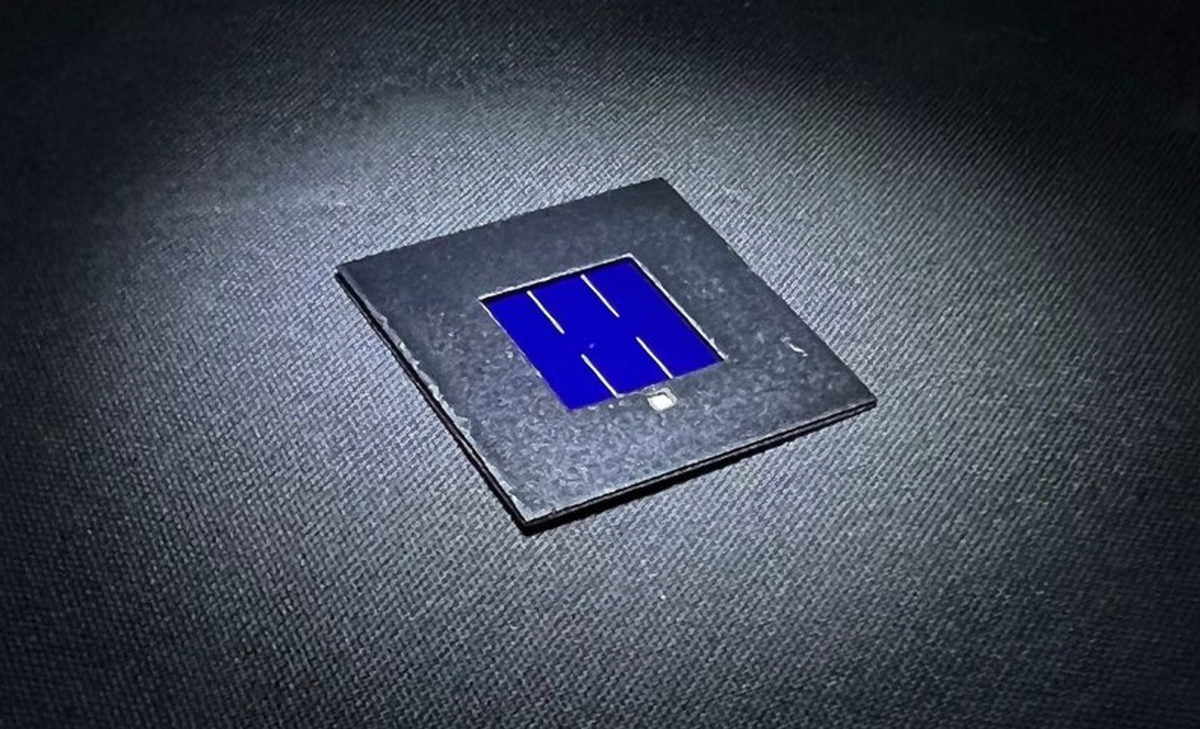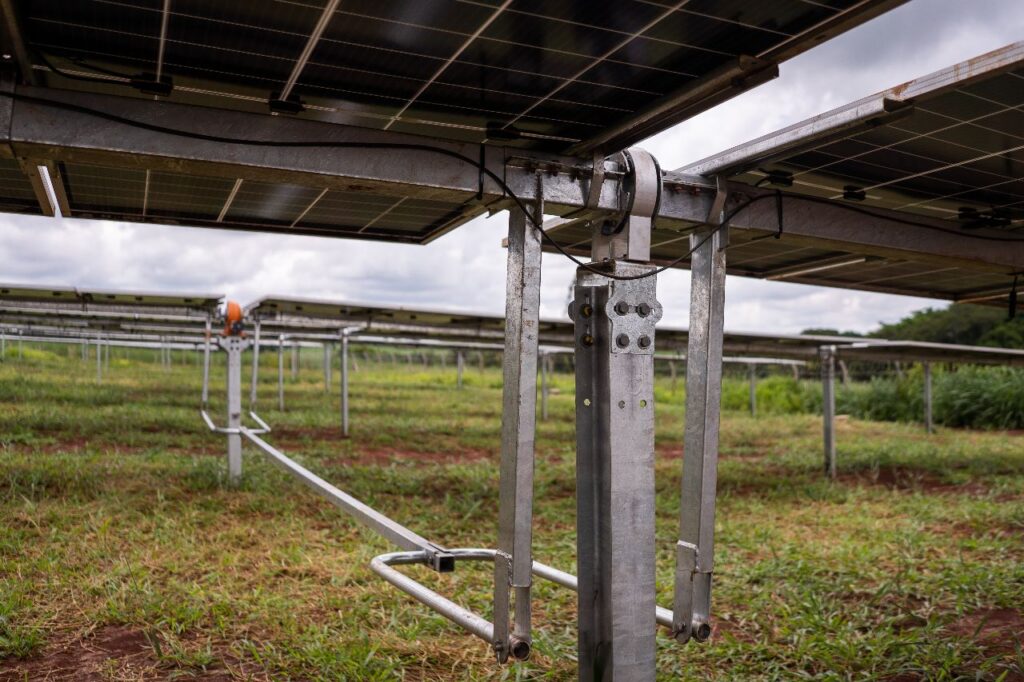https://pv-magazine-usa.com/2023/04/10/u-s-costs-are-too-high-for-new-chinese-solar-polysilicon-factory/
costs are too high for new Chinese solar polysilicon factory
A polysilicon rod.
Image: Wikimedia Commons
A major solar-grade polysilicon producer, GCL Technology Holdings, said it is looking to expand its first factory outside China. However, the company said it will likely pass on the United States due to high costs, reported BloombergNEF.
GCL’s joint-chief executive officer Lan Tianshi said that while the Inflation Reduction Act helped make developing in the U.S. market more appealing, it is still at least five times more expensive than in China, and construction times are bogged down by regulatory requirements.
“U.S. policies are attractive, but not attractive enough,” said Tianshi.
Polysilicon is the key material in conventional photovoltaic solar cells. In 2021, GCL was the second-largest producer of the material, turning out over 104,500 tons that year. Along with GCL, Tongwei (109,300 tons) and Daqo (86,600 tons) comprise the top three largest global producers.
Tianshi said the company is seeking new shores for its factory in order to capture higher prices in other markets. Meanwhile, nations around the world are working to develop their own solar component supply chains in an attempt to compete with China, which dominates the sector.
GCL told BloombergNEF that it is now focusing its search on Europe, the Middle East and BRICS countries. While no decision has been made, the U.S. remains an unlikely suitor.
However, GCL’s competitors have taken a different stance. Three major Chinese solar equipment makers have announced plans to set up shop in the U.S. following the passage of the Inflation Reduction Act, which comes with significant tax credits for clean energy manufacturing.
GCL said it plans to form a joint venture with local industry leaders in the foreign market it ultimately selects for the new factory. The decision is expected this year, said Tianshi.
Due to the higher price polysilicon can fetch outside China, the new factory could reap double or triple the profit of existing facilities, he said.
GCL has a polysilicon plant in Xinjiang, the region under enforcement of the Uyghur Forced Labor Prevention Act (UFLPA), which places a rebuttable presumption that goods made in the region are made with forced labor practices. China has consistently denied the allegations, claiming that the allegations are an attempt by foreign nations to suppress domestic industries.
“We greatly respect others’ views on us and their choices of supply chain,” said Tianshi. “Wherever we build our factories and wherever our products go, in a broader scale, they are all efforts to fight climate change.”
China’s Ministry of Industry and Information Technology said the nation’s manufacturers combined for 827 kilotons of polysilicon production in 2022. The U.S. Department of Energy reports eight polysilicon or silicon metal facilities active in the U.S. with a combined capacity of producing 244.4 kilotons of refined material each year. The largest silicon metal facility is a 73 kiloton fabrication in run by WVA Manufacturing in West Virginia. The largest active polysilicon site is the 32 kiloton-per-year Hemlock Semiconductor, operated by Siemens AG.
Leading producer Daqo said in 2022, the yearly average selling price for polysilicon was $32.54/kg, up from $21.76/kg a year earlier. Prices have fallen this year as new factories come online, and could drop to as low as $10 to $13 per kg in the second half compared to about $39 at last year’s peak, according to BloombergNEF.
Tianshi said that he expects prices to remain more resilient than the Bloomberg projections, estimating the price to hover between $17 and $20 per kg this year due to high demand.
“Polysilicon makers will return to a relatively normal profit margin this year as the unbalance between supply and demand begins to ease,” he said.
This content is protected by copyright and may not be reused. If you want to cooperate with us and would like to reuse some of our content, please contact: editors@pv-magazine.com.



